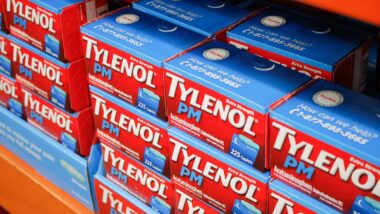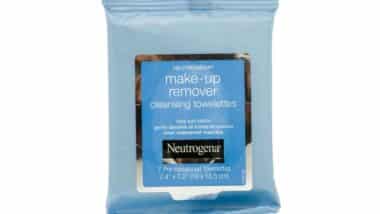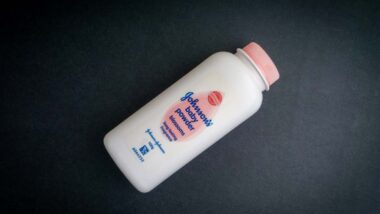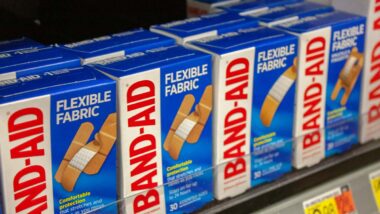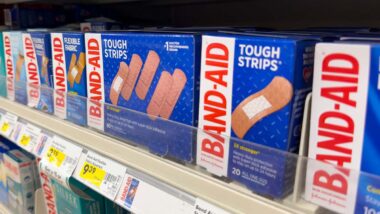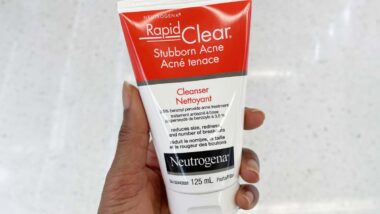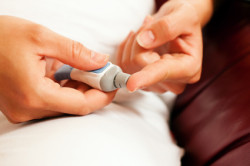 A new canagliflozin lawsuit was filed in U.S. District Court by a couple affected by the drug’s adverse effects. The canagliflozin lawsuit was filed in the District of New Jersey on Jan. 26, 2018, by plaintiffs Fletcher S. and Jacqueline S., husband and wife.
A new canagliflozin lawsuit was filed in U.S. District Court by a couple affected by the drug’s adverse effects. The canagliflozin lawsuit was filed in the District of New Jersey on Jan. 26, 2018, by plaintiffs Fletcher S. and Jacqueline S., husband and wife.
This canagliflozin lawsuit and others have been remanded to this district by the federal court system in an effort to streamline the judicial process with respect to the products liability litigation organized under multidistrict litigation (MDL) No. 2750.
Canagliflozin is marketed under the brand names of Invokana and Invokamet. Invokana is canagliflozin whereas Invokamet is a combination of canagliflozin and metformin hydrochloride.
Invokana and Invokamet are part of a drug class known as sodium-glucose cotransporter 2 (SGLT-2) inhibitors. According to the narrative in this canagliflozin lawsuit, this class of drugs put additional strain on the kidneys by retarding the body’s inclination to reabsorb excess blood sugar into the bloodstream via a receptor in the tubules of this organ. Instead, excess blood sugar is excreted through the kidneys when taking Invokana and Invokamet.
The History of Canagliflozin
Canagliflozin was approved by the U.S. Food and Drug Administration (FDA) for the market on March 29, 2013, for use in treating type 2 diabetes. It was aggressively marketed by Janssen Research and Development in conjunction with parent company, Johnson & Johnson. Plaintiffs say this marketing ignored the risks associated with this drug.
These risks included the potential for harm to occur to the kidneys, the threat of ketoacidosis to develop, or the possibility that it could cause the patient to undergo foot amputation.
Invokana and Invokamet are two of the highest revenue-producing prescription drugs on the market, with sales securing funds over $1 billion each year. The two defendants—Janssen and Johnson & Johnson—continue to wantonly promote the drug by seeking physicians that are willing to try it for off-label uses such as high blood pressure, reduction in obesity, and reducing the risk of heart attack.
The FDA started releasing warnings regarding its use as far back as September 2015. From the fall of 2015 to May 2017, the drug oversight agency warned the professional medical community and public about the following problems:
- Early bone loss and fractures
- Diabetic ketoacidosis
- Kidney Infections
- Urosepsis
- Renal Impairment
- Angioedema
- Leg & foot amputation due to diabetes
The Plaintiff’s Experience
Fletcher says he took both Invokana and Invokamet under the guidance of his physician based upon the safety assurances and advertisements of the defendants. He took the drugs to treat his type 2 diabetes starting in January 2015 and May 2016, respectively.
He developed a gangrenous condition leading to hospitalization in July 2017 which led first to removal of toes and then total right foot amputation due to diabetes.
Because of his and his wife’s physical, mental, and financial suffering, both Fletcher S. and Jacqueline S. are bringing causes of action against the defendants which include design defect, failure to warn, negligence, breach of implied and expressed warranty, fraudulent misrepresentation, fraud, and loss of consortium.
The couple are asking for compensatory damages, punitive damages, and any other compensation that the jury sees as fair in view of evidence provided at trial.
The Canagliflozin Lawsuit is Case No. 3:18-cv-01100-BRM-LHG in U.S. District Court for the District of New Jersey.
In general, Invokana and Invokamet lawsuits are filed individually by each plaintiff and are not class actions.
Do YOU have a legal claim? Fill out the form on this page now for a free, immediate, and confidential case evaluation. The attorneys who work with Top Class Actions will contact you if you qualify to let you know if an individual lawsuit or class action lawsuit is best for you. Hurry — statutes of limitations may apply.
ATTORNEY ADVERTISING
Top Class Actions is a Proud Member of the American Bar Association
LEGAL INFORMATION IS NOT LEGAL ADVICE
Top Class Actions Legal Statement
©2008 – 2025 Top Class Actions® LLC
Various Trademarks held by their respective owners
This website is not intended for viewing or usage by European Union citizens.
Get Help – It’s Free
Join a Free Invokana Class Action Lawsuit Investigation
If you or a loved one suffered ketoacidosis or lower extremity amputation after taking Invokana, Invokamet, or Invokamet XR, you may have a legal claim. See if you qualify to pursue compensation and join a free diabetes medication class action lawsuit investigation by submitting your information for a free case evaluation.
An attorney will contact you if you qualify to discuss the details of your potential case.
Please Note: If you want to participate in this investigation, it is imperative that you reply to the law firm if they call or email you. Failing to do so may result in you not getting signed up as a client, if you qualify, or getting you dropped as a client.
Oops! We could not locate your form.


